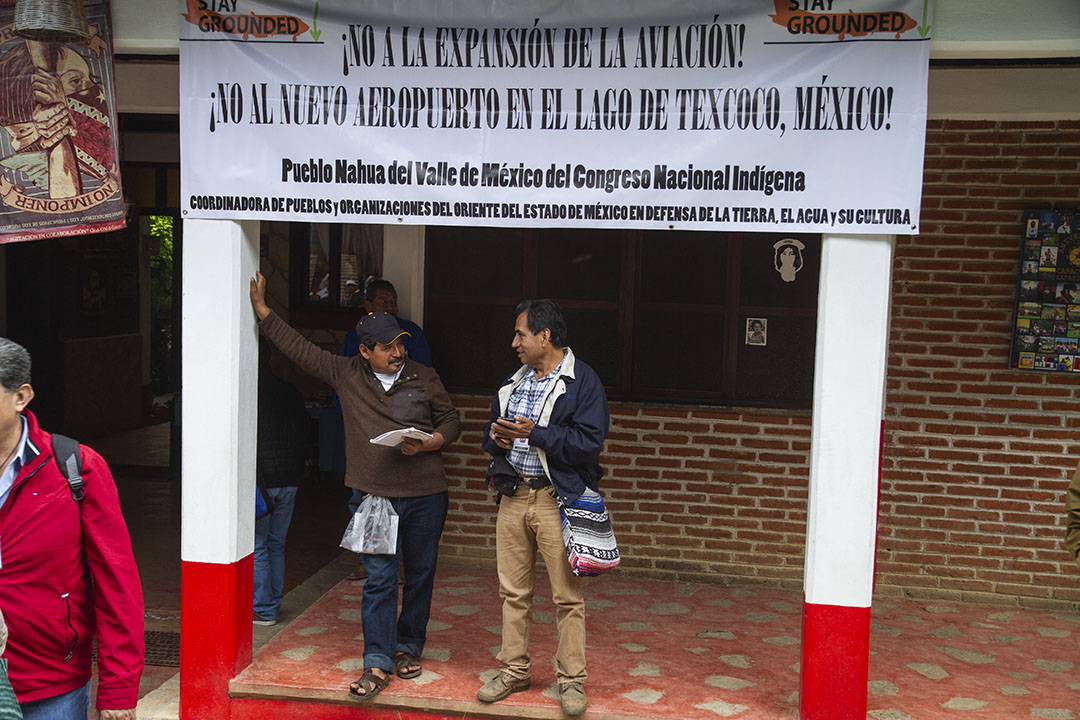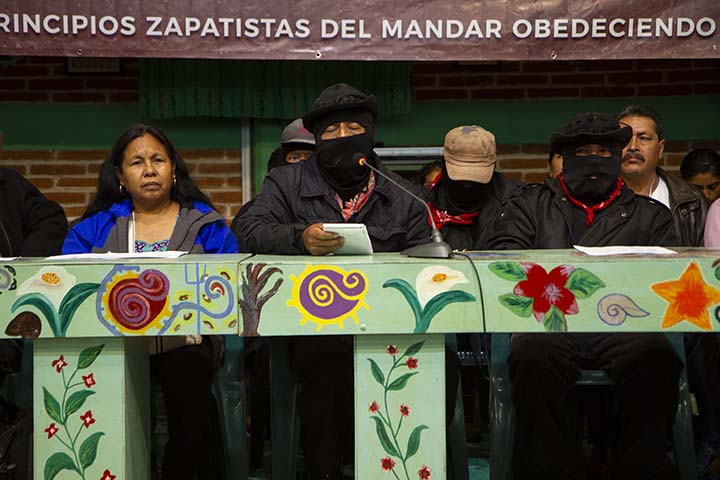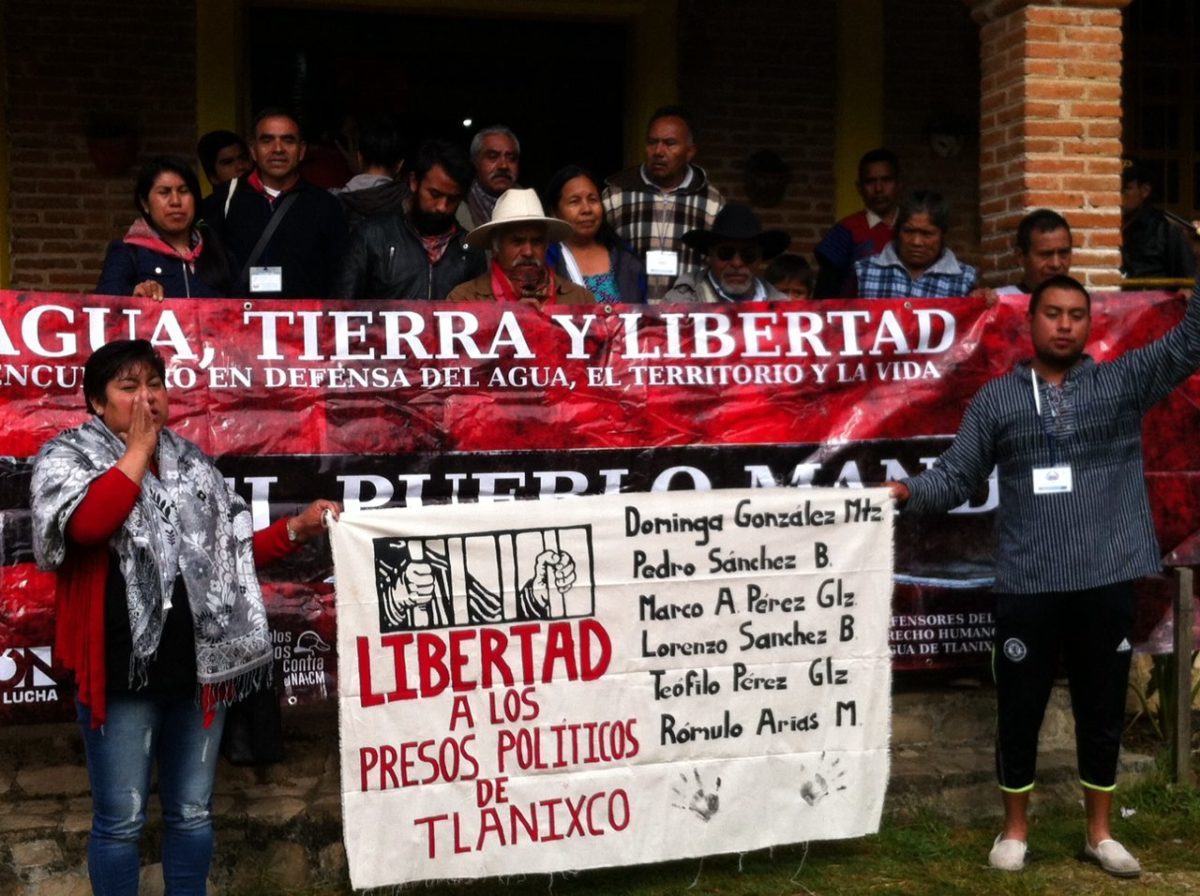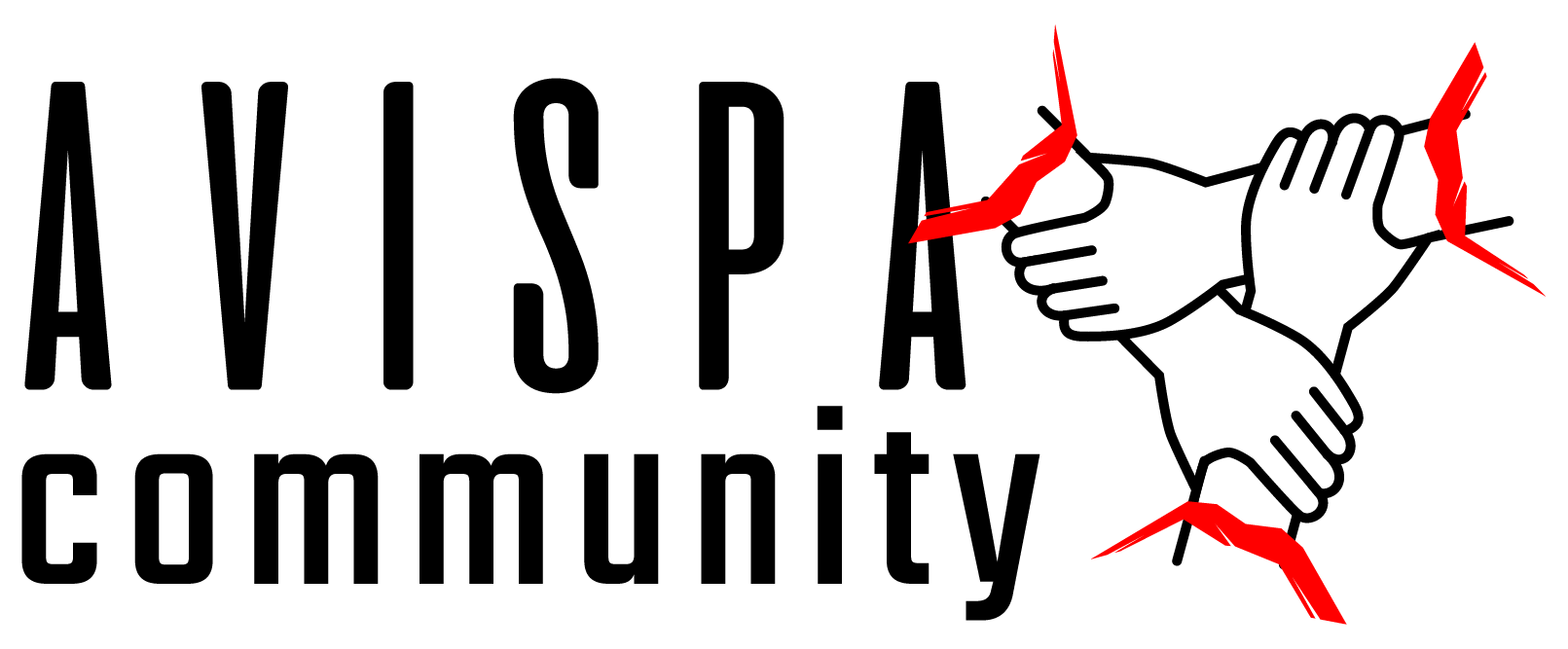“There will be profound changes, but they’ll come in accordance with the established legal order. There will be freedom for businesses. In terms of economics, we’ll respect the Banco de Mexico’s autonomy. The new government will maintain fiscal and financial responsibility. It will recognize the contracts with national and foreign companies and banks.” This was a speech given by the Mexican President-Elect, Andrés Manuel Lopez Obrador (AMLO) on July 2nd of this year. He announced that during his 6-year term as President, which begins this December, there would be continuity of the pro-development policies of his predecessors, both for unfinished projects and for those already agreed to.
Among the already agreed upon contracts with companies and banks such as the Inter-American Development Bank and the World Bank are projects that bring in massive flows of capital such as the Special Economic Zones, regions, including the Trans-Isthmian corridor in Mexico’s southwest Tehuantepec Isthmus, that were established by current Mexican president, Enrique Peña Nieto by presidential decree. They also include the New International Airport of Mexico City and the gas pipelines throughout Mexico that connect to the United States. Another project that will continue as planned is the 1500-kilometer Trans peninsular Tourist Train in the Yucatan, known as the Maya Train. Speaking in Cancun on October 11th, Obrador said that the train would be constructed “whether our adversaries like it or not”, dismissing claims that it will cause severe environmental damage in the region.
If anyone has shown fierce opposition not just to the Maya Train but also the new airport, special development zones, and the promotion of monoculture, it has been original and indigenous peoples who gathered from October 11-14 in San Cristobal de las Casas, Chiapas, for the Second Plenary Assembly of the National Indigenous Congress and the Indigenous Governing Council (CNI-CIG, for its initials in Spanish.)
The members of the CNI-CIG, accompanied by the leadership of the indigenous organization the Zapatista Army for National Liberation, expressed their disagreement with AMLO’s arguments: “Down here, there is no more for us than to defend life, regardless of whatever lies may come from the government that’s leaving (Enrique Peña Nieto’s) or the government that’s coming in (Lopez Obrador’s). Their words are superfluous when their Trans-Isthmian projects and the expansion of their Special Economic Zones are threatening the Binniza, Chontal, Ikoots, Mixe, Zoque, Nahua, and Popoluca peoples…as well as the Mayan peoples who are threatened by their capitalist train project that strips and destroys everything in its path.”
This is the position that the communities constructed after three days of work, including discussions around nine tables of analysis, and time spent sharing both reflections and concrete actions they’ve taken in their territories. 589 representatives of the communities, including delegates, invitees, and activists, turned out for the Assembly. They were unified in their position regarding the new Mexican government and the programs its looking to implement, saying that “words are also superfluous in comparison to the announced plan to plant a million hectares of trees for fruit and lumber in Southern Mexico.” This was a response to Lopez Obrador’s declaration that he considers “100 million hectares of communal and cooperative property to be abandoned” in the region, thus justifying his plan to develop monoculture as a way to “convert these into productive lands.”
By the same token, AMLO has proposed a consultation to decide if his government will proceed with the construction of the new airport in Mexico City, which would be built 30 kilometers northeast of the capital, at Texcoco Lake in Mexico State. Heriberto Salas, part of the Coordination of Peoples and Organizations in Eastern Mexico for the Defense of Land, Water and Culture, and a member of the CNI-CIG, told Truthout, “Our rejection of the construction of this death project is total, and there is nothing to consult about. The project will provoke not only the death of Texcoco Lake, but also will bring about irreversible environmental damages in all of our communities in the Texcoco basin. The lake is part of our history and patrimony.”
“Words fail when the future government imposes the creation, in the old ways of indigenous rights, a National Institute of Indigenous Peoples (INPI, for its initials in Spanish) that is run by the deserters of our long resistance struggle,”
SAID THE MEMBERS OF THE CNI. THE INPI IS SET TO BE RUN BY THE INDIGENOUS OAXACAN, ADELFO REGINO, WHO SERVED AS THE SECRETARY OF INDIGENOUS AFFAIRS IN OAXACA STATE UNDER THE CONTROVERSIAL GOVERNOR GABINO CUÉ. REGINO CO-OPTED AND DEMOBILIZED VARIOUS SOCIAL MOVEMENTS WITH THEIR “TEQUIO FOR CHANGE” MOTTO*, LOOKING FOR THEIR SUPPORT AND OFFERING THEIR LEADERS GOVERNMENT POSITIONS.
*Tequio is a Nahuatl word that refers to collective action for the common good.

Transformation
“For the good of all, first the poor”, is the slogan that Lopez Obrador uses to bring about what he calls the Fourth Transformation of Mexico. According to his New Mexican Mandate, this transformation implies “the strengthening of the domestic market, trying to produce everything we need to consume in our own territory. That all Mexicans can be happy with where they were born, where their customs and traditions are.” To this end, AMLO has taken up negotiations around NAFTA, now known as USMCA, and will approach the negotiations with vigor in the second half of 2019.
Also among the programs of the Fourth Transformation is the announced plan to begin on his first day in office employing 50,000 young people in the Army, Navy, and Federal Police.
The CNI-CIG doesn’t give AMLO credit for these initiatives, and considers them to be a continuation of previous neoliberal policies. “Words fail once again when we see the cynicism with which the Mexican peoples are hand-delivered to U.S. interests through the free trade agreement, which the future government of Lopez Obrador promises to ratify”, says the organization’s statement.
The indigenous council’s final resolution also asserts that AMLO “in one of his first speeches showed no doubts about continuing current monetary and fiscal policy, which is to say, continuing neoliberal policies. These policies will be guaranteed with the announcement that military forces will remain in the streets, and with the pretension of recruiting 50,000 young people for the armed forces that have served to repress, deprive, and sow terror in the entire nation.”
Attendees at the CNI-CIG’s Second Assembly came from diverse parts of Mexico, such as the delegate Floreta Vosquez Molina, a Yaqui indigenous woman from the community of Loma de Bacúm in Sonora in northwest Mexico. Four months ago, her 18-year-old son was murdered for opposing the Sonoran gas pipeline being installed from Guaymas-El Oro, which will traverse their territory. “If Obrador thinks that our children are going to quit the defense of our lands to become soldiers or police, he’s dead wrong. This isn’t going to happen. The people who killed my son are protected by the government and the police. I don’t believe that Obrador is going to bring us justice”, she said.
The pipeline in question is owned by the U.S. company Sempra Energy, and is intended to provide natural gas from Arizona to the Mexican Pacific states. The project was imposed by Enrique Peña Nieto’s government with no consideration for the self-determination of the affected communities, and will be finished during López Obrador’s presidency. Vasquez Molina told Truthout “this new government is not going to help us stop this project. Because they’re not like us, they’re not indigenous, they don’t think like us.”

San Andres Accords
The San Andres Accords were agreements signed by the Mexican government and the Zapatistas on February 16th, 1996. They were a commitment to modify the national constitution and grant rights to the Indigenous Peoples of Mexico, including autonomy and self-determination. But they’ve been betrayed by the Mexican government, which modified the accords and seeks to approve something completely different. The Zapatistas decided to build their autonomy without official permission, forming the so-called Councils of Good Government in Zapatista territory. Other indigenous communities have also constructed their own autonomy using the accords as a base.
The accords were betrayed at the same time that a counterinsurgency plan, called Plan Chiapas 94, was executed. Plan Chiapas 94 is a strategy operated by the National Defense Secretariat that created paramilitaries that exist up to today. These paramilitaries are responsible for more than 3,500 displacements, 81 extrajudicial executions, and 37 forced disappearances, according to documentation by the Friar Bartolome de Las Casas Center for Human Rights.
The objectives of the counterinsurgency project are to debilitate solidarity with the Zapatistas and organized indigenous peoples. The government has also “authorized many laws that have made it legal to violently rob us of our land, programs to divide us and provoke internal conflicts among us, and plant the seeds of contempt and racism from all directions”, argue the members of the CNI-CIG in their statement. This comes as a response to Lopez Obrador, who wants to establish the San Andres Accords in the Mexican Constitution.
Mario Luna, an indigenous Yaqui, asserts that the San Andres Accords are being exercised through the daily construction of autonomy by the peoples organized under the CNI-CIG, and that they don’t need AMLO’s legislation. “Our process is for autonomy and general consensus for ourselves. With the structural reforms established in our country, there is no need for the San Andrés Accords to be enacted by Mexican legislation. It is essentially contrary to our aims, because our processes are autonomous and not subject to law, much less the calendars of governments or political parties”, Luna argues.
As the CNI-CIG plenary expresses it, “Words are also superfluous when they cynically speak of recognizing in their deeply rotten laws the San Andres Accords or our free self-determination without even touching the murderous capitalist assemblage that is the Mexican state.”
The indigenous peoples met for three straight days to analyze and reflect on the national and international political and economic context, firmly concluding that the approval of the San Andres Accords in the current context, which is to say during the Lopez Obrador administration, would legitimize the stripping of their territories. This is especially true because AMLO’s mandate doesn’t question the reforms to Article 27 of the constitution that permits the division and privatization of indigenous territory.
Indigenous peoples argue that the article has permitted the commercialization of their lands for national and transnational corporations. It is therefore self-contradictory that Lopez Obrador wants to approve the San Andres Accords “without killing off the concessions of water, mining, natural goods and hydrocarbons, and without imposing limits on the imperial power granted by the current free trade agreement…[nor limiting] huge transnational corporations, without destroying the control over our territories exercised by massive criminal cartels with state security forces’ support.”
To accept the legislation of the accords, indigenous peoples “would be living, in the best case scenario, under a crass illusion, which obscures the onslaught of money against our peoples”, according to the 2nd Assembly’s statement.

Organization continues
One thing the indigenous peoples of Mexico have in common is collective land possession, among ejidos (rural lands for collective use) and communal lands, which represent 52% of the Mexican territory. This type of possession has been blurred with diverse programs for land regulation in this country, which seek to grant individual land titles to indigenous peoples, which is to say to convert community land into private property. Besides this dispossession, they also have in common persecution, incarceration, and murder. There is no indigenous group that hasn’t been dispossessed of part of their land for national and transnational venture capitalist projects without seeing any of the profits. According to the National Institute of Indigenous Languages, there are at least 9,000 indigenous prisoners in Mexico.
For this reason, the members of the CNI-CIG, as part of the resolution of their assembly, have decided to call for a national and international campaign for the liberation of eight of their members who are currently imprisoned for defending their territory. The indigenous prisoners are Dominga Gonzalez Martinez, Pedro Sánchez Berriozabal, Romulo Arias Míreles, Teofilo Perez Gonzalez, Lorenzo Sánchez Berriozabal, and Marco Antonio Pérez González from the community of San Pedro Tlanixco, in Mexico State. The list also includes Fidencio Aldama Pérez from the community of Loma de Bacum, Sonora.
Severo Aguilar Ontamucha, the Traditional Governor of the Original People of Cohuirimpo, one of the eight Yoreme Mayo indgienous groups in Sonora State, told Truthout, “At every turn, we’ve been confronted with federal and local governments’ intentions to dispossess us of our territory. We’re aware that this is a process where the Mexican government is seeking to displace our traditional authorities, and the new government will do the same. In the face of the continuation of this war, what we have to do is strengthen our forms of government and our organization with other groups and people in resistance.”
The CNI-CIG has as its only option “to continue building the organization that will become an autonomous, rebel government with compañeras and compañeros from other geographies, to collectively break the inertia that has been imposed on us…[and to be able to identify] where the storm is coming from and, in the middle of it, not to quit weaving until our fabric, along with the others, appears in every corner of Mexico and the world.”
Another of the resolutions taken by the Indigenous Governing Council is that they will cease being only indigenous and Mexican because they’re looking to form alliances with other sectors, organizations, collectives, and peoples of the world. Mario Luna, one of the people in charge of establishing connections with indigenous peoples in the United States as well as migrants and other Latin American peoples, told Truthout that “the broadening of these horizons is being carefully analyzed to take secure steps for the strengthening of the indigenous movement. And from the beginning, these links are tied into networks that have already been created, but everything needs to be discussed. In any case, we ratify our ant capitalist position and reaffirm our promise with our communities.”
For that reason, and in order so that the idea doesn’t stay as just an idea, they have agreed to consult their communities to draw up an agreement about what forms these new alliances will take that won’t put the work the CNI-CIG has already one at risk: “We agree to consult our communities, peoples, nations, tribes, and neighborhoods about what forms and methods will be used to build together with these networks, both big and small, a coordination that enriches us with support and solidarity. That make our differences our strengths in networks of resistance and rebellion with the word that makes us one, in a respectful and horizontal manner.” They also asked that those interested in the process “consult in a serious and committed way inside your organizations and collectives if it is necessary or not for you to form your Governing Council.”
What the CNI-CIG is looking for in these consultations is “the incorporation of something bigger, that can be capable of incorporating our struggles, ways of thinking, and identities. Something bigger that can give strength to the visions, methods, forms, and times of everyone.”
Text and photos by Santiago Navarro F.


